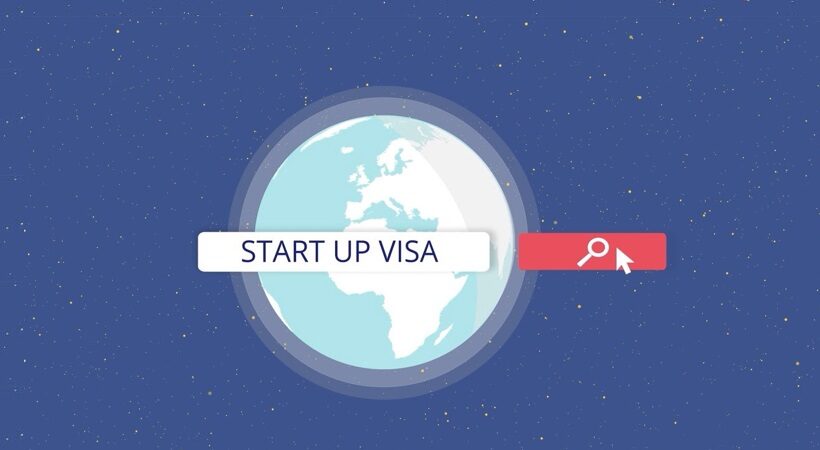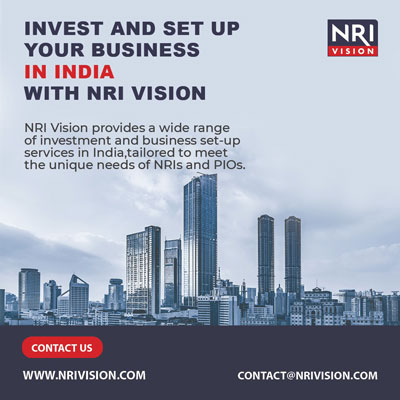India ranks 20th in the Global Start-up ecosystem fraternity, according to the 2021 report by StartupBlink. The report further revealed city-wise ranking. Indian cities such as Bengaluru, New Delhi, and Mumbai ranked among the top twenty in the startup landscape of the world.
The number of outstanding research-focused institutions of higher learning and the support of the state-powered incubators is limited. Drawing the attention of experienced mentors and funding is challenging unless the technology has not been validated and one does not attain an impressive size.
Owing to the Covid-19 pandemic, the Indian start-ups, irrespective of their size, have suffered a lot. It may be due to the generalization process as a result of the success of a few EdTech, health, and Fintech platforms. The startups that are primarily funded by first-generation entrepreneurs have suffered a setback in terms of the hiring process, growth and upscaling their ventures due to the Covid-19. And Zoom meetings are not adequate to get the immediate attention of venture capitalists and Angel investors.
The governments world over perceive this as a good opportunity to shift the bases of start-ups from India for good. The founders of these start-ups are en route to becoming future successful NRIs. Hence, several countries are offering start-up residency visas. It is done through unique residency pathways that permit the start-up founders to live and run their start-up in the destined country. The offered start-up residency visa can be temporary or permanent. So, let us explore such visas.
USA International Entrepreneur Rule (IER)
Under International Entrepreneur Rule (IER), the USA welcomes international start-ups. Prohibited during the Trump era, the IER has the backing of the Biden administration. The eligible applicants can live and work in the US for 30 months and get a further extension of a similar period under this rule. However, getting a grant of at least $100,000 from the US government or USD 250,000 from a qualified US Investor is necessary. One may consider filing for a green card through one of the permitted pathways.
UK Startup Visa
Under the UK’s startup visa programme, the unique technology ideas must get the approval of an authorised endorsing body. The difficulty for the holder is the temporary nature of the UK SUV. The pathway to permanent residence in the UK is long and conditional. It is issued for a limited period and the holder, first, needs to convert the Start-up visa status to another visa category (UK Innovative Visa). In the meantime (after five years), the holder can apply for the UK’s indefinite leave to remain (ILR), also commonly known as Permanent Residence.
Canada Start-up Visa (SUV) Programme
Introduced as a three-year pilot, the Canadian government made this programme permanent in March 2018. The SUV programme offers:
- Permanent residence for successful applicants, allowing them to make plans to shift permanently with families, kids’ education, etc.
- Each startup group a maximum of five applicants. That means more co-founders, entrepreneurs, and seasoned professionals can be part of the team.
- A special provision that serves the purpose of a work permit to begin with and initiate the project’s business development while waiting for the permanent residence application to be approved.
- Indian entrepreneurs and professionals an opportunity to invest in Canadian startups that are in several trial stages and be a part of the country’s startup ecosystem.
- The options of Designated Canadian Incubators to applicants who cannot get an investment commitment from a Designated Angel Investor or a Venture Capitalist.
- High flexibility, as it carries no minimum education and personal net worth requirements. The Programmes’ primary focus is to get unique ideas to explore the opportunities offered by the country, recognizing the fact that founders and other team members may be very young with limited means.



















